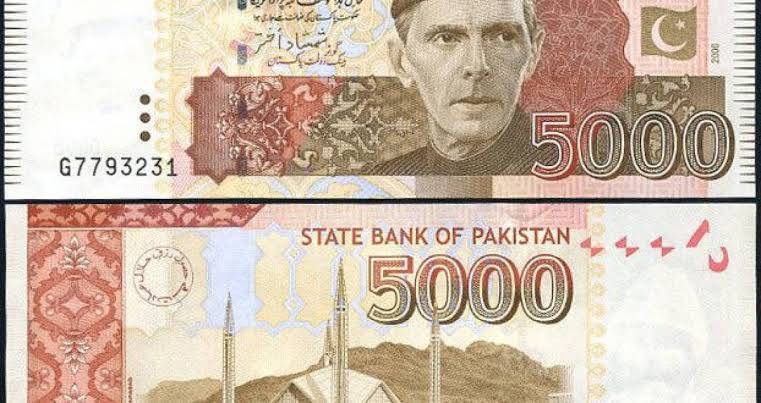Pakistan government decides to impose more import taxes
Shares

Pakistan has implemented a substantial shift in its taxation policy, encompassing over 1,100 imported goods this year, marking a significant increase from the 860 items included in the previous year's tax regime. This decisive action has been undertaken as part of a comprehensive strategy aimed at halting the alarming depletion of the country's foreign exchange reserves.
An undisclosed executive member within the Ministry of Commerce disclosed this development to WealthPK on the condition of anonymity. The import bill, a key indicator of Pakistan's economic health, witnessed a noteworthy escalation from $3.7 billion in July to $4.5 billion in August 2023, thereby exerting additional pressure on the nation's current account reserves. The imposition of regulatory duties plays a pivotal role in discouraging the influx of luxury and non-essential imports, thereby serving as a vital measure to conserve precious foreign exchange reserves.
This dedicated official shared insights into the government's proactive approach in addressing the economic challenges within a remarkably tight timeframe of fewer than six months. Regulatory duties constitute just one facet of the multifaceted strategy being deployed to stabilize the economy and safeguard the foreign exchange reserves.
Furthermore, he highlighted the government's concerted efforts to revitalize gas and electricity rates, with the aim of achieving regional competitiveness for five export-oriented sectors. These prospective changes are being meticulously considered to align with the requirements set forth by the International Monetary Fund (IMF). Additionally, various initiatives are being explored to facilitate increased foreign exchange inflows, particularly through exports.
Notably, a newly established decision-making body, the Special Investment Facilitation Council (SIFC), is diligently evaluating a range of proposals designed to curtail the burgeoning import bill, which soared to $55 billion in the previous year. The official emphasized that Pakistan's import portfolio remains heavily skewed towards oil imports, which accounted for a substantial $17 billion expenditure last year. Food imports also commanded a significant share, amounting to $9 billion, inclusive of a substantial $3.6 billion spent on palm oil imports. Textile imports, a vital sector for Pakistan, tallied approximately $3.7 billion, with raw cotton imports alone accounting for $1.7 billion of this figure.
In conclusion, Pakistan's proactive measures, including the expansion of taxed imports and the pursuit of economic stabilization, reflect a concerted effort by the government to safeguard its foreign exchange reserves and address pressing economic challenges. These strategies, encompassing a range of sectors from energy to trade, underscore the nation's commitment to achieving economic resilience and sustainability in the face of evolving global dynamics.
